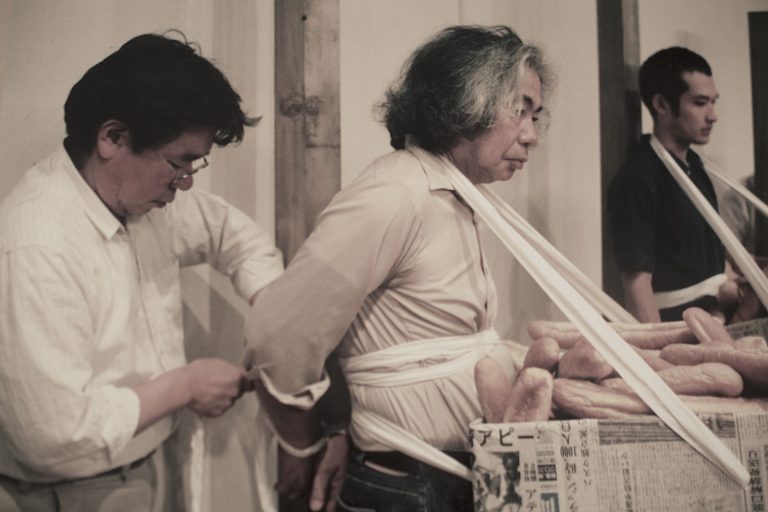Blanca de la Torre
Blanca de la Torre is a Spanish curator, art historian, researcher, and ecofeminist whose professional work lies at the intersection of visual arts, political ecology, and sustainable creative practices. Her professional activity, which she has developed both inside and outside of Spain, includes, in addition to curating exhibitions, artistic director of projects, seminars, workshops, curatorial residencies and international symposiums.
Until this year she was chief curator of the 15 International Cuenca Biennial, and artistic co-director of the Overview Effect Project at MoCAB Museum of Belgrade and Con los pies en la T(t)ierra at CAAM, Centro Atlántico de Arte Moderno, Las Palmas de Gran Canaria, where she is also head of the Aula Sostenible. She has curated exhibitions developed for the Network of Cultural Centres of AECID in its different Latin American venues. In all the aforementioned projects she developed sustainability guidelines to reduce the ecological footprint.
From 2009 to 2014 she was chief curator for ARTIUM, the Museum-Center for Contemporary Art of the Basque Country (Vitoria-Gasteiz, Spain). She has since curated exhibitions at international museums and art centers, among which the Salzburger Kunstverein, Salzburg, Austria; EFA, Elisabeth Foundation Project Space, New York; the Center for the Arts of Monterrey, Mexico; the Carrillo Gil Museum in Mexico City; the Contemporary Art Museum of Oaxaca, Mexico (MACO); NC-Arte Bogota, Colombia; RAER, Real Academia de España en Roma, Rome, Italy; LAZNIA Center for Contemporary Art, Gdansk, Poland, Exhibition Center Alcalá 31, Madrid; CentroCentro Art Center, Madrid; NGMA, National Gallery, Delhi, India; 516 Contemporary Arts Museum Albuquerque, USA, and the MUSAC, Contemporary Art Museum of Castilla y León.
From an approach close to eco-aesthetics and political ecology, she understands art as an instrument of knowledge to rethink and reformulate other possibilities for “the common”. She has also published more than a hundred specialized texts in books, catalogs and magazines, and regularly participates in international conferences and symposiums on culture and sustainability. She is part of the REDS Community of Knowledge and Practice on Sustainable Development.
Visit website